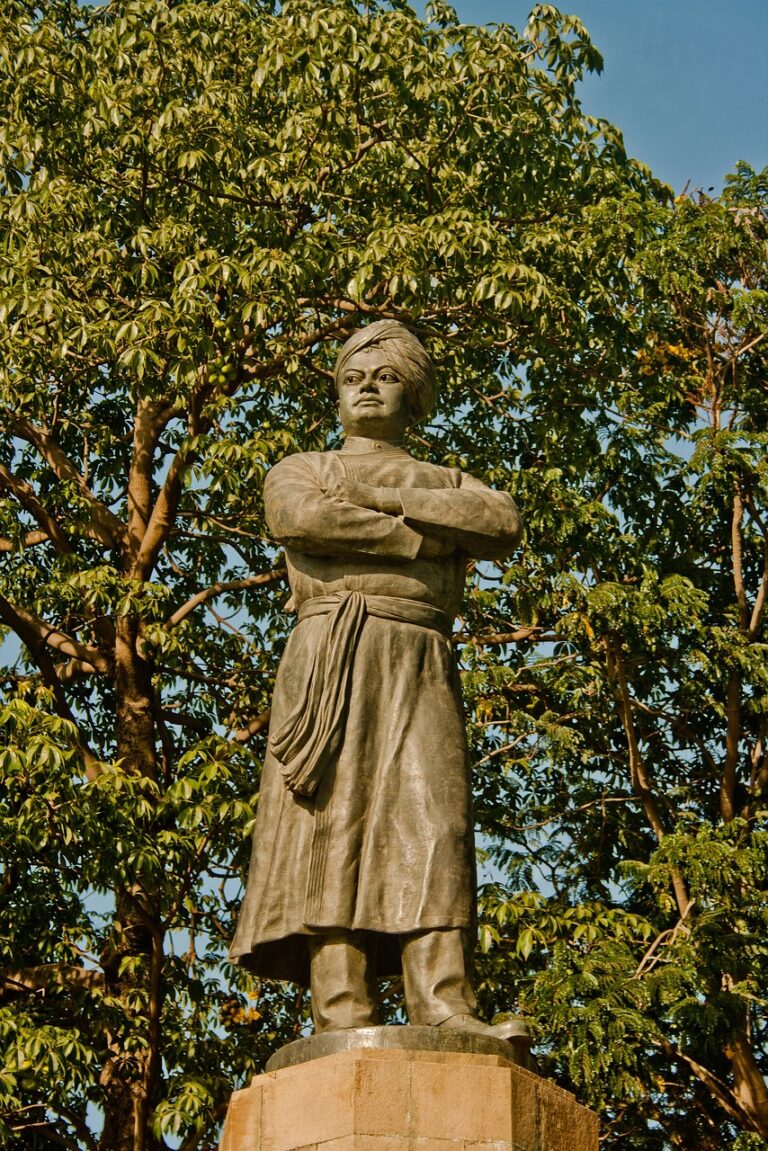
Bihar Chief Minister Nitish Kumar
Patna: The resignation of five leaders from the Janata Dal (United) (JD(U)), a constituent of the National Democratic Alliance (NDA), on April 3-4, 2025 has plunged Bihar’s ruling coalition into disarray, sparked by the passage of the Waqf (Amendment) Bill 2025 in Parliament on April 4.
With 288 votes to 232 in the Lok Sabha and 128 to 95 in the Rajya Sabha, the bill—backed by Chief Minister Nitish Kumar’s JD(U) alongside the Bharatiya Janata Party (BJP)—has unleashed a political storm in Patna, six months before the Bihar Assembly elections in October-November 2025.
As NDA allies wrestle with internal dissent and the opposition Rashtriya Janata Dal (RJD) and Indian National Congress (Congress) seize the moment, Patna’s unfolding drama exposes rifts that could reshape electoral outcomes in a state where Muslims comprise 17% of voters.
Resignations Rip Through JD(U)
The bill, introducing non-Muslim representation on Waqf boards and centralised property registration, triggered an instant revolt within the JD(U). Nadeem Akhtar, Raju Nayyar, Tabrez Siddiqui Alig, Mohammad Shahnawaz Malik, and Mohammed Kasim Ansari resigned. Siddiqui wrote on X, “Resignation from the position of State General Secretary and primary membership of the Janata Dal (United) party over the Waqf Amendment Bill.” Malik stated, “Millions of Indian Muslims like us firmly believed that you stood for a truly secular ideology. That belief now stands shattered.”
These exits, unfolding over 48 hours, transformed Patna into a hub of political chaos, with journalists besieging JD(U) headquarters as Nitish Kumar stayed silent.
The resignations strike at a party reliant on Other Backward Classes (OBCs), Dalits, and a modest Muslim vote share. Some analysts term it a “self-inflicted wound,” warning that Nitish’s support for the bill endangers the 5-7% Muslim vote JD(U) secures within the NDA. In 47 of Bihar’s 243 constituencies, Muslim voters are decisive, and this split could haunt the alliance in October.
Patna’s Political Stage: Chaos and Calculation
On April 4, JD(U) leaders convened at Nitish Kumar’s 1 Anne Marg residence, while BJP state president Dilip Jaiswal met NDA allies Lok Janshakti Party (Ram Vilas) (LJP-RV) and Hindustani Awam Morcha (Secular) (HAM-S) to reinforce unity. Sources cite tense discussions, with LJP-RV’s Chirag Paswan pushing for a “coherent narrative.” Paswan posted on X, “The opposition is trying to maintain a grip over what they see as their vote bank,” downplaying the resignations. JD(U)’s Sanjay Kumar Jha, a Rajya Sabha Member of Parliament (MP) and the party’s National Working President since 2024 with a history of managing Nitish Kumar’s political strategy, countered in the Rajya Sabha, “The Pasmandas, 73% of Bihar’s Muslim population, will get representation in the Waqf Board for the first time.” Critics dismiss this as unconvincing, noting lukewarm Pasmanda support.
Also read:
- Waqf Bill Woes: Ministry clarifies amid Bihar backlash
- From 1913 to 2025: Waqf Shifts
- Lok Sabha passes Waqf (Amendment) Bill, 2025
Meanwhile, RJD leader Tejashwi Yadav strategised with Congress leaders at his 5 Deshratna Marg residence. Today Yadav told reporters outside, “If we form the next government in the state, the Bill will be consigned to the dustbin.” His X post added, “We have opposed the Bill in both Houses and Bihar’s legislature. We will never accept this Bill.” Congress’s Mallikarjun Kharge, in the Rajya Sabha, called it “unconstitutional and not good for Indian Muslims.” The Mahagathbandhan pair aims to secure the Muslim-Yadav (M-Y) vote, historically yielding a 35-40% vote share.
Patna hummed with speculation. JD(U) defections juxtaposed against RJD mobilisation challenge Nitish’s storied political finesse.
NDA’s Tightrope, BJP’s Gambit
The BJP, the NDA’s anchor, stands resolute. Union Home Minister Amit Shah told Parliament during the debate on the bill before it was passed, “This money belongs to the poor, not to the rich who have been exploiting it.” In Patna, Jaiswal framed it as “pro-poor reform.” Yet, JD(U)’s instability—crucial with its 16% vote share to the NDA’s 39% in 2020 state elections —complicates the alliance. Losing Muslim votes might push the BJP to intensify Hindu consolidation, a tactic yielding 23% in 2020 but potentially insufficient alone.
The resignations spotlight Nitish’s dilemma: back the BJP to preserve the NDA or safeguard his secular image. Some analysts call it a “calculated risk,” betting OBC loyalty trumps Muslim ire. With polls looming, HAM-S’s Jitan Ram Manjhi (1-2% Dalit base) and LJP-RV’s Paswan (5-6% Paswan votes) stay committed but cautious. A JD(U) insider, off-record, conceded, “Nitish underestimated the symbolism of Waqf for Muslims.”
Opposition’s Play: Mobilisation versus Overreach
The RJD and Congress see opportunity in Patna’s unrest. Yadav’s vow to scrap the bill resonates with Muslim unease, backed by door-to-door campaigns in Kishanganj and Seemanchal starting today. Congress state chief Akhilesh Prasad Singh joined Yadav at a Gandhi Maidan rally in the state capital, pledging “justice for minorities.” Their M-Y strategy, though strong, contends with voter fatigue after 15 years out of power and a split 2020 vote (RJD 23%, Congress 7%).
Yadav’s “dustbin” remark, while bold, risks alienating moderates if perceived as bluster. Congress must prove substance over symbolism. They need a 40% vote share to unseat the NDA, requiring wider caste alliances.
Electoral Fallout: A Polarised Bihar?
The 2025 state Assembly elections may hinge on the bill’s repercussions. The NDA’s 104 seats in 2020 (BJP 74, JD(U) 43) are vulnerable if Muslims—key in a fifth of constituencies—shift en masse. The RJD-Congress bloc, with 110 seats last time, could gain 10-15 seats with higher minority turnout, per projections. X posts like @BiharVoice’s “Waqf Bill will haunt NDA in 2025” signal discontent.
The BJP’s Hindu vote machinery might mitigate losses, and Nitish’s rural hold, rooted in governance, could endure. JD(U)’s Pasmanda focus, led by Jha, seeks to stem the tide, but Patna’s turmoil hints at a coalition unravelling. The opposition must convert anger into votes with precision.
A Political Way Out for Nitish Kumar
Nitish Kumar’s survival instincts suggest a three-pronged escape. First, he could pivot to governance, sidestepping the Waqf row. His April 18, 2024 X post—“Bihar’s road network has expanded by 40% since 2005 under our watch”—could spearhead a campaign on universal benefits, softening communal tensions. In 2020, JD(U) held 16% vote share despite strains, hinting his OBC-Dalit base might stay if development dominates.
Second, Nitish could amplify Jha’s Pasmanda line. Meeting Pasmanda leaders in Patna—73% of Bihar’s Muslims, per Jha—and rolling out state welfare schemes could regain some Muslim goodwill. This echoes his 2007-2010 Economically Backward Classes (EBC) quota success. A JD(U) MLA told PTI today, “Nitishji is already planning outreach in Seemanchal to explain the bill’s intent,” potentially curbing RJD gains.
Third, Nitish could subtly distance himself from the bill’s optics while staying in the NDA. His silence since April 4—unlike the BJP’s vocal stance—suggests this. Letting Paswan (“fake narrative” on X) and Jaiswal (“pro-poor reform”) lead the defence preserves flexibility. His alliance flips—exiting NDA in 2013, returning in 2017—show adaptability. Opposing future Waqf changes in Bihar’s legislature could signal secular intent without fracturing ties.
Risks persist: governance may not quell Muslim anger, Pasmanda outreach could ring hollow, and silence might cede ground to Yadav’s “dustbin” pledge. Nitish’s base may be loyal, but a 5% vote loss could cost 15 seats. Speed and visibility are critical.
Conclusion: A State on Edge
Patna’s saga—resignations, rival meetings, and X battles—lays bare Bihar’s divides. The Waqf Bill has apparently fractured the NDA, energised the RJD, and primed a fierce 2025 contest. Nitish’s legacy, the BJP’s grip, and the Opposition’s resurgence teeter, with Patna as the crucible. For Nitish, survival rests on governance, Pasmanda outreach, and NDA finesse—a high-stakes gamble for a seasoned tactician.
– global bihari bureau




